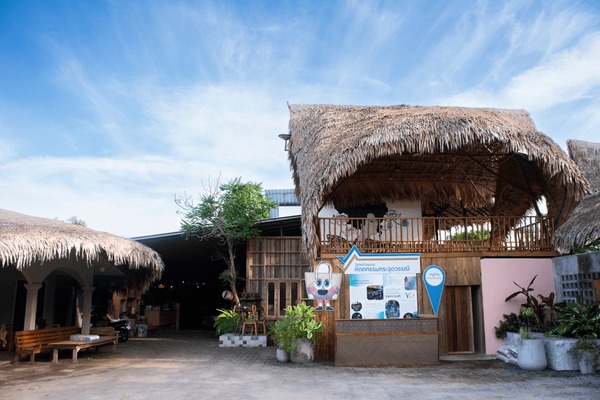WHAT IT IS?
Hotels create jobs in hospitality, maintenance, and administration, boosting local employment and supporting ancillary businesses like restaurants and shops. They attract visitors, which increases spending in the area and supports local attractions, events, and services. Increased demand from hotels can lead to improvements in local infrastructure, including roads, public transport, and utilities.
POSITIVE IMPACTS:
- Infrastructure Development: Increased demand from hotels can lead to improvements in local infrastructure, including roads, public transport, and utilities.
- Cultural Exchange: Hotels often facilitate interactions between tourists and locals, promoting cultural understanding and appreciation.
- Community Support: Many hotels engage in corporate social responsibility, sponsoring local events or donating to charities, which benefits the community.
ECONOMIC IMPACTS:
- Job Creation: Hotels provide direct employment opportunities across various roles, from management to housekeeping. This not only reduces local unemployment but can also lead to skill development in the workforce.
- Support for Local Businesses: Hotels often partner with local businesses for services like catering, entertainment, and tours. This can increase revenue for local entrepreneurs and promote economic diversification.
- Tax Revenue: Hotels contribute to local tax revenues through occupancy taxes and property taxes, which can be reinvested into community services such as schools, parks, and public safety.


CONCLUSION:
Balancing the benefits and challenges is crucial for sustainable development. Collaborative planning and responsible tourism practices can help ensure that hotels positively contribute to the community while minimizing negative effects.



Aster Baker
Hawazen Abdullah O Gashlan